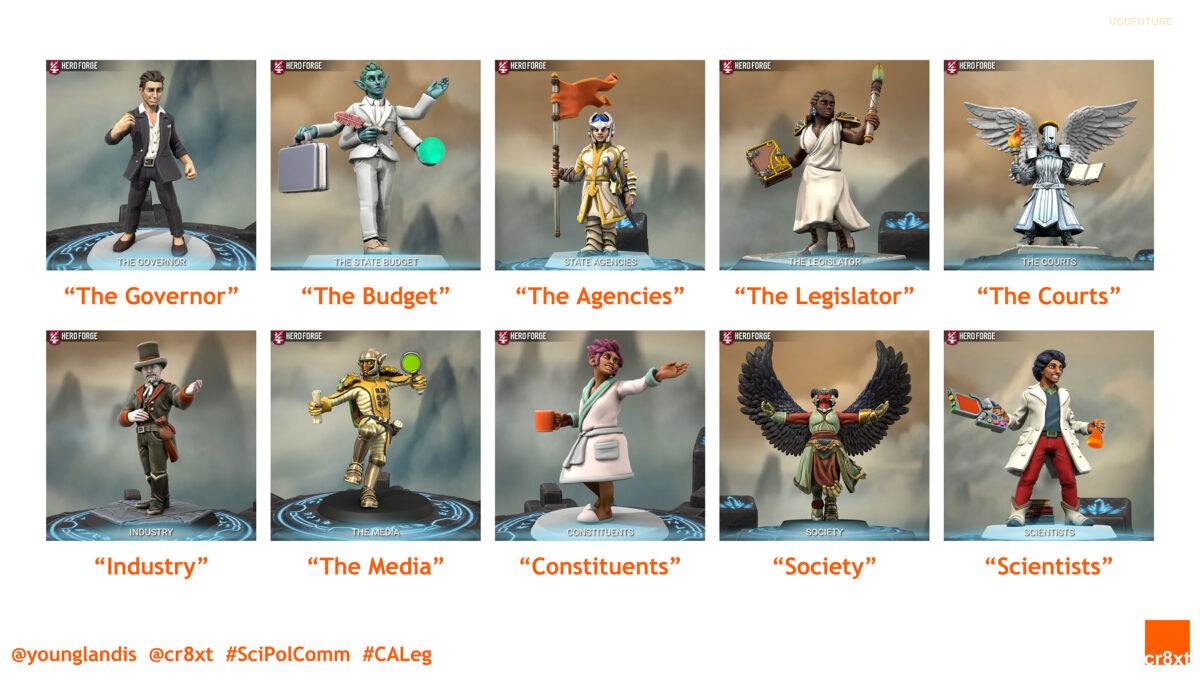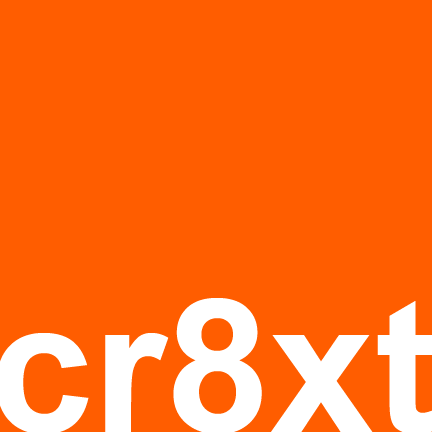The State of California is the fifth largest economy in the world and a global leader in energy, climate, environment, health, and technology — and scientists living in this dynamic state should learn what is entailed in shaping and informing California’s public policies.
But where to begin? Amid a dearth of state-level science policy trainings, a team of policy colleagues and I have over the years developed and refined a fun, interactive curriculum to teach these fundamental concepts to professionals and students in the sciences. Together, we call this workshop series “SciPolComm“ — an introductory exploration into the mindsets, tools, and intangibles of engaging state-level policy leaders.
The Story
Science policy — or #SciPol in Twitter shorthand — emerged in the 2010’s as a buzzword among academics and research students seeking to expand their sense of public impact or their career horizons. Of course, evidence-based policymaking is as old as governance and scientific inquiry themselves. And in terms of training opportunities in the United States, the AAAS Science & Technology Policy Fellowship Program was launched in 1973 and the NOAA Knauss Marine Policy Fellowship Program in 1979. Both are year-long immersive fellowship placements, for PhD graduates and masters degree graduates respectively. Both are centered in the federal policy world of Washington D.C. But science policy issues and decisionmaking happens at all levels of U.S. government, especially states — and for a state with uniquely subnational stature such as California, science-informed policymaking can have influential impacts on the rest of the nation and even the world.
In California, science policy training opportunities are provided by organizations such as the California Council on Science and Technolog (CCST) — and through my consulting, I’ve had the privilege of working with their own state-level immersive fellowship as well as innovating other day-long training experiences for graduate students. What is little known is that at one point, CCST also attempted to provide policy trainings for K-12 science teachers as well.
It is here where our story begins. In 2017, my dear friend and CCST colleague Sarah Brady PhD and I were tasked with developing an introductory workshop on the California state policy process at the National Science Teaching Association (NSTA) annual meeting. The experience — teaching a group of teachers, as it were — sparked our thinking that we could adopt a similar workshop format, but geared towards for students and faculty at research campuses. Providing these short, first-taste trainings would help satisfy the demand for science policy opportunities that didn’t require a major career commitment, or focused only on advocacy and lobbying, as some “Capitol Day” opportunities hosted by universities and scientific societies do provide. Also, Sarah and I wanted to center the training from a neutral, informational role — and then tease out the nuanced perspectives of engaging policymakers as an advisor versus as an advocate.
The Process
The earliest version of our workshop was titled “Helping Science Inform Policy: Tools for Engaging State-Level Leaders” and was designed as a single, half-day workshop. Piloted for the UC Davis FUTURE Program and on-campus graduate students in 2018, the workshop covered the California legislative process and its calendar; whether one should act as an advisor or advocate; and common engagement approaches such as one pagers and office visits. Then, Sarah and I would wrap up the day with a “Pitch Your Bill” exercise to help participants to apply everything they’ve learned that afternoon. Participants would propose a single science policy idea, and Sarah would reflect on its viability and nudge on possible pitfalls or steps forward.
While packed full of information and offering much food for thought, these early workshops always felt rushed. Worse, whenever we got to the bill-pitching exercise, participants were still prone to proposing overly ambitious policy ideas, or expressing some confusion of how to consider all the overriding variables within the policymaking process. These outcomes, along with other observations, challenged us to keep looking for sparks for improvement.
By 2019, I had coined the hashtag #SciPolComm (a play on the already popular hashtags of #SciComm and #SciPol) to promote our workshop. Our instructor bullpen also expanded to Debra Cooper PhD and Gabby Nepomuceno PhD — friends and collaborators who like Sarah were talented scientists-turned-policy professionals. It was their inclusion that brought fresh thinking to our template, and both Gabby and Debra brainstormed suggestions cementing the decision to break up the half-day single session format and reimagine the curriculum a multi-part workshop.
With thanks again to the UC Davis FUTURE Program for the opportunity, in 2021 we finally unveiled the fully redesigned three-part arc. Taught in sequence or as individual 1.5-hour outings, the SciPolComm series is our current-best model for what an introductory science policy curriculum for research students and professionals ought to cover — and the interactive exercises that can best help participants reinforce these new perspectives, skills, and tools.
SciPolComm 101: Navigating Policymaker Mindsets in California
“Come rewire your R&D mindset to a policymaker’s mindset! Through storytelling and interactive discussions, participants will learn how to calibrate their intuition in assessing what makes practical sense for policy idea pitches. Designed as an introductory class for researchers, practitioners, and other technical experts, this interactive workshop paints the California State Capitol as a policy arena full of colorful and powerful characters, each with their own powers, weaknesses, and sphere of influence. Participants will begin to navigate these characters and how they interact to drive public policy — crucial context for anyone brainstorming and pitching policy ideas within this complex, dynamic theatre.”
As detailed in our “Navigating Policymaker Mindsets: A SciPolComm Worksheet” design story, the development of SciPolComm 101 provided the philosophical and pedagogical keystone for the entire SciPolComm series. This lesson plan was what we had been missing all along — setting the tone and helping participants leave the research mindset behind, and begin to think and tackle ideas like a policy professional. The new #SciPolMindsets worksheet, the “policy characters” concept, and the Dungeons & Dragons-inspired workshop activity bring this this 101 course to life.
SciPolComm 102: Understanding the California State Legislature
“It’s one thing to have a great policy idea, but it’s another figuring out how to get your idea heard. This interactive workshop will introduce the inner workings of the California State Legislature, including the legislative calendar, the bill process, and the importance of committees and staffers — essential understanding for anyone new to the State Capitol arena.”
SciPolComm 102 retains much of the original material California state legislative process and the legislative calendar, while reinforcing the “policy characters” relationships and complexities introduced in 101. For this session’s culminating learning activity, we decided it was time for participants to get familiar with leginfo.legislature.ca.gov (commonly referred to as “LegInfo” and pronounced as “ledge info”) — California’s publicly accessible legislative information database and a go-to tool for state staffers, lobbyists, and constituent advocates.
SciPolComm 103: Communicating with the California State Legislature
“Now you know when and whom to pitch your policy idea to, it’s time to choose your engagement approach. This interactive workshop will cover One Pagers, Letters of Support, and Office Meetings — common tools of the trade for translating expertise and communicating advice or opinion to California state policymakers.”
SciPolComm 103 repackages the original workshop’s discussion on engagement approaches but adds a critical new section: teaching scientists about the world of legislative staffers. The conversation on advocacy versus advice has been moved here, reinforced with an interactive group-editing exercise dissecting a sample policy letter.
Notice what didn’t make the arc? The oft-used “Pitch Your Bill Idea” exercise. In the end, Sarah, Gabby, Debra, and I agreed that the activity didn’t actually offer as much value within an introductory policy workshop for scientists (although it probably works just fine as part of orientation trainings for an immersive fellowship program). Once we were brave enough to blow up our original game plan, it freed us towards discussions regarding what our teaching objectives truly were — and paved the way for fun, creative, and innovative lesson plans, activities, and handouts to be imagined and designed.
Being brave — now that’s a takeaway that all creatives can learn from!
— Ben Young Landis
Gallery
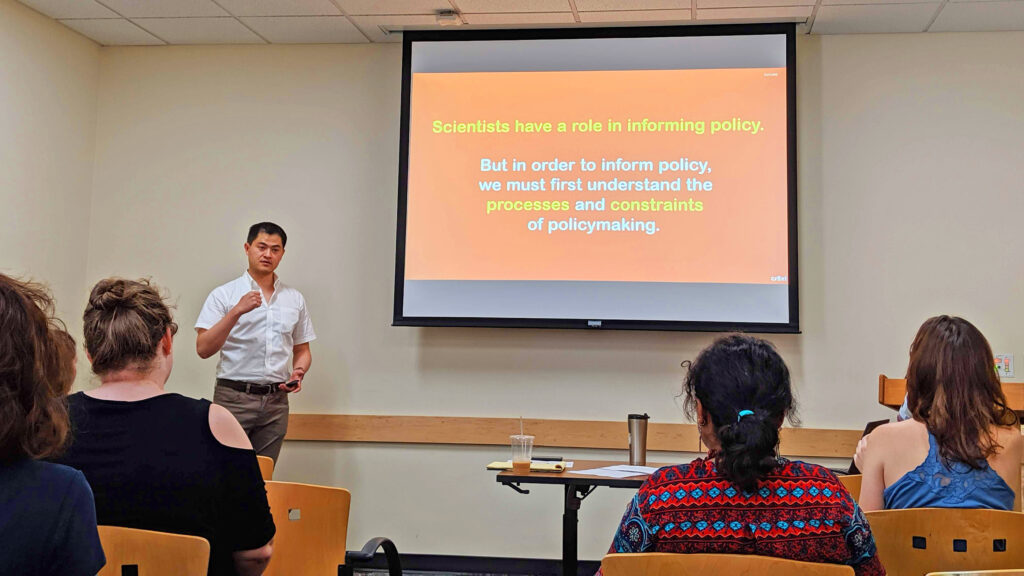
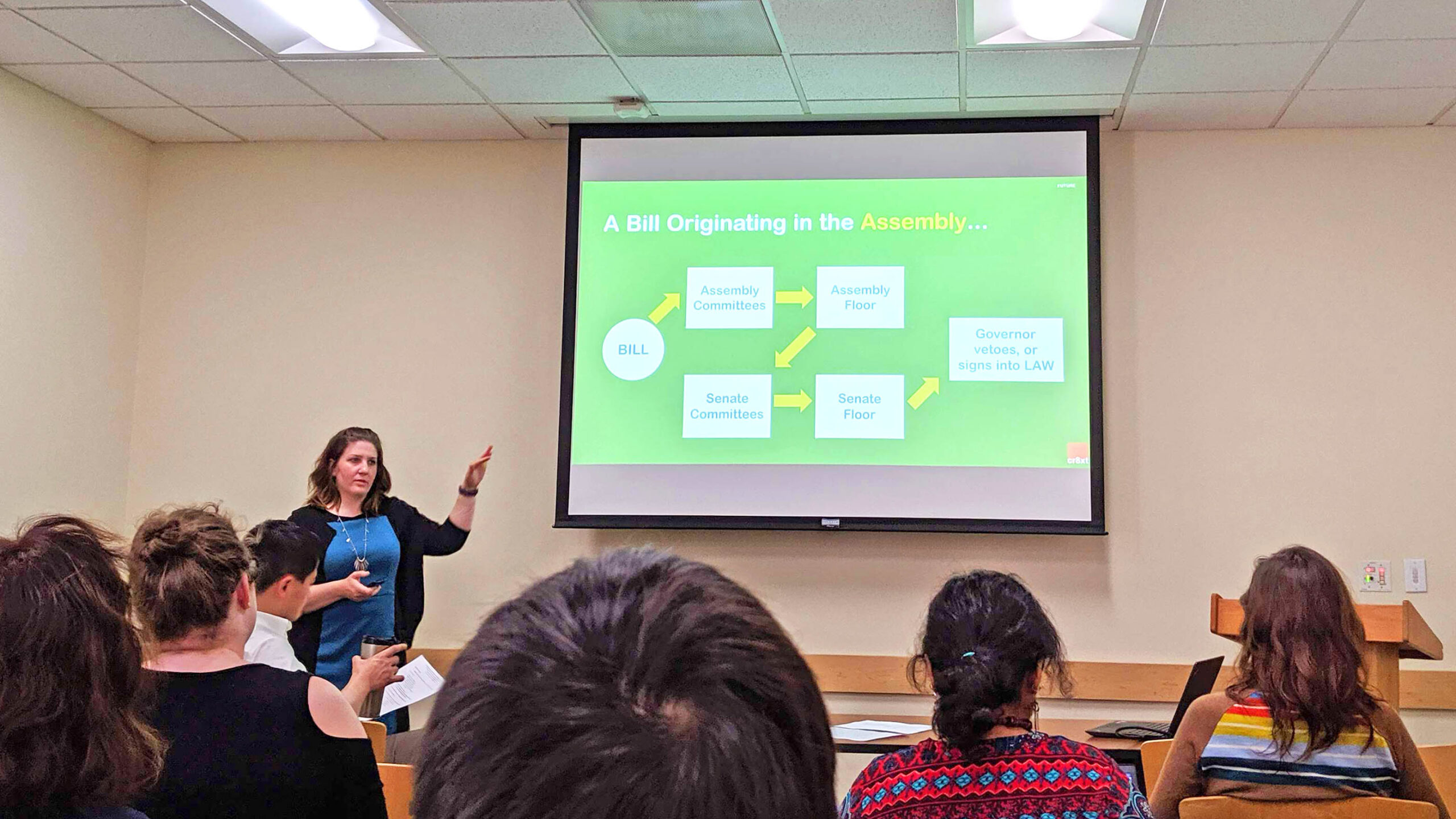
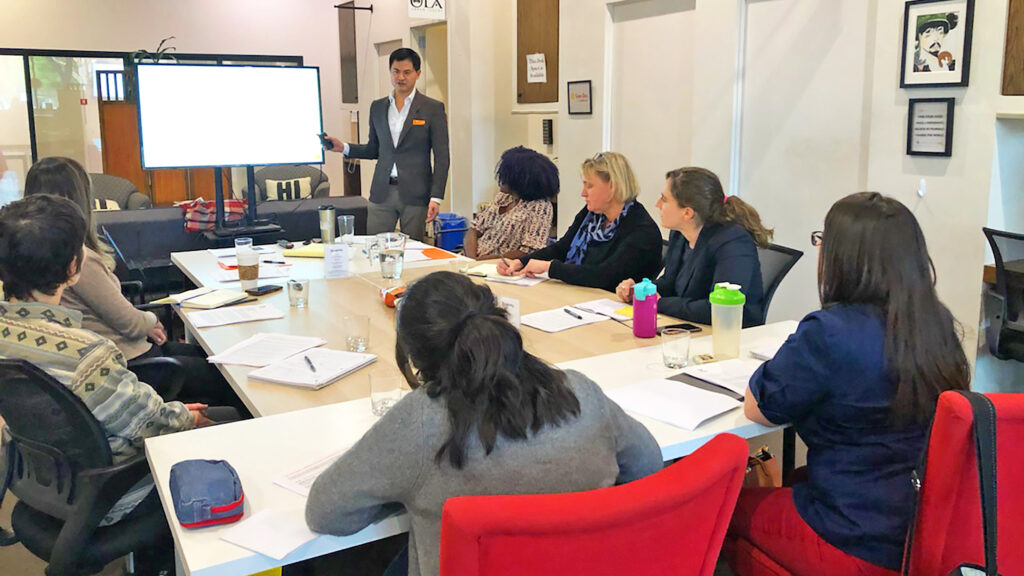
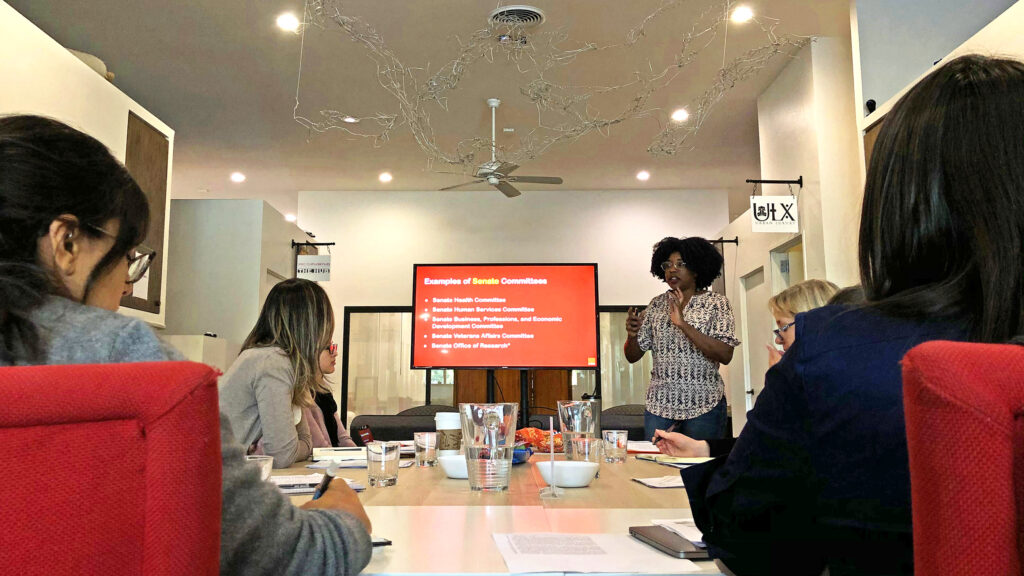
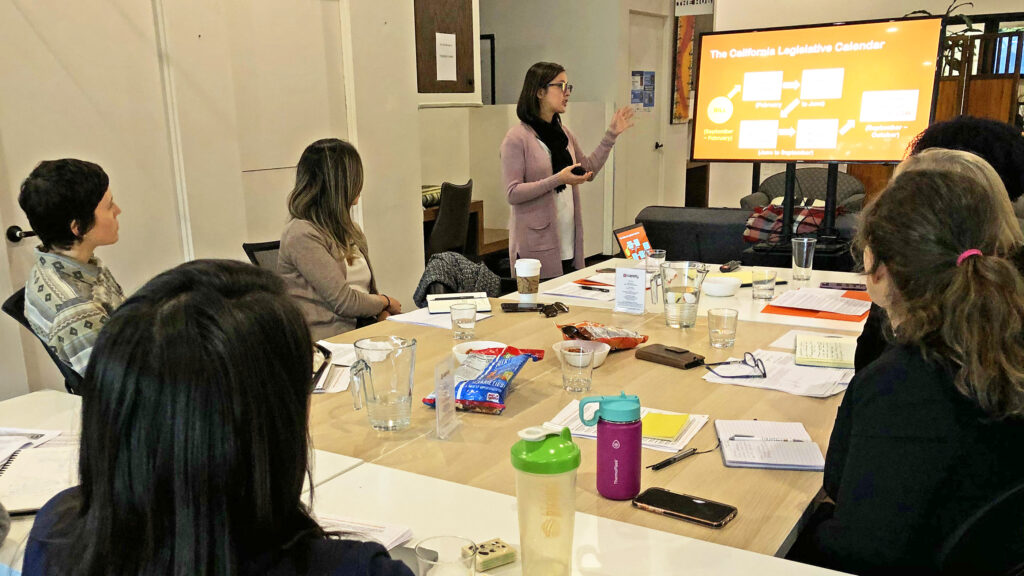
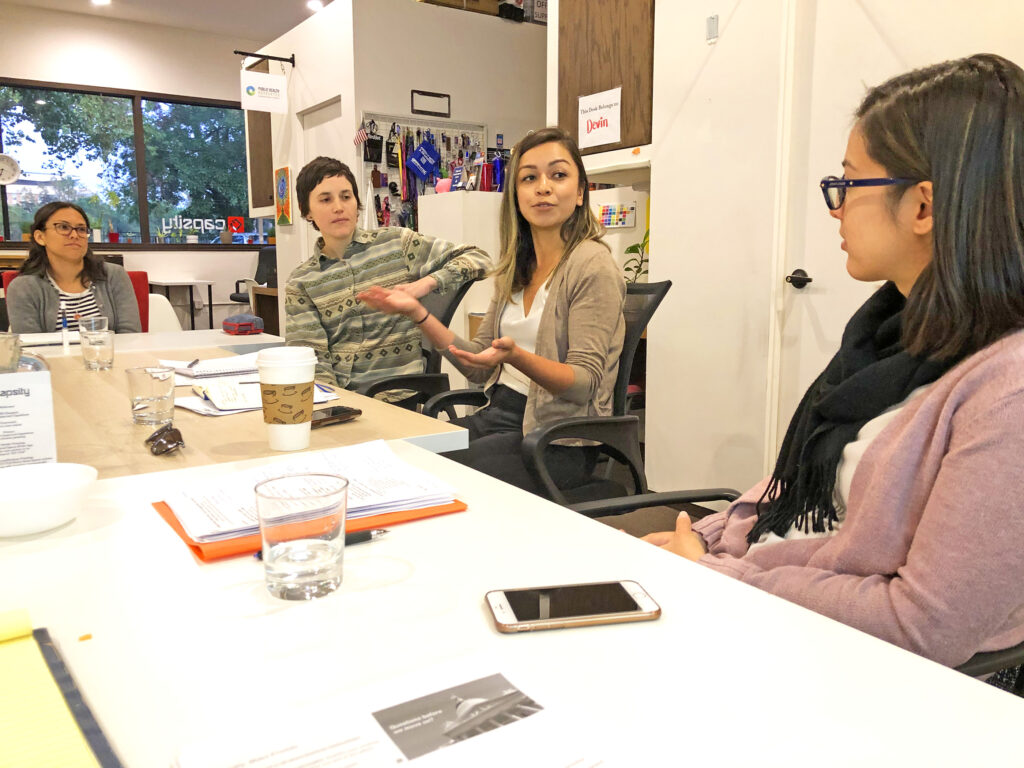
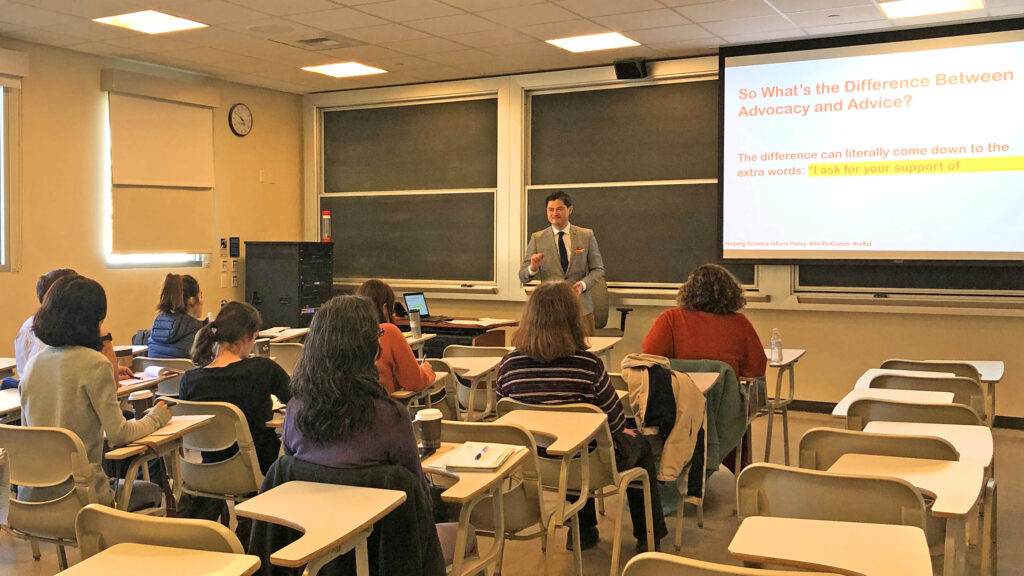
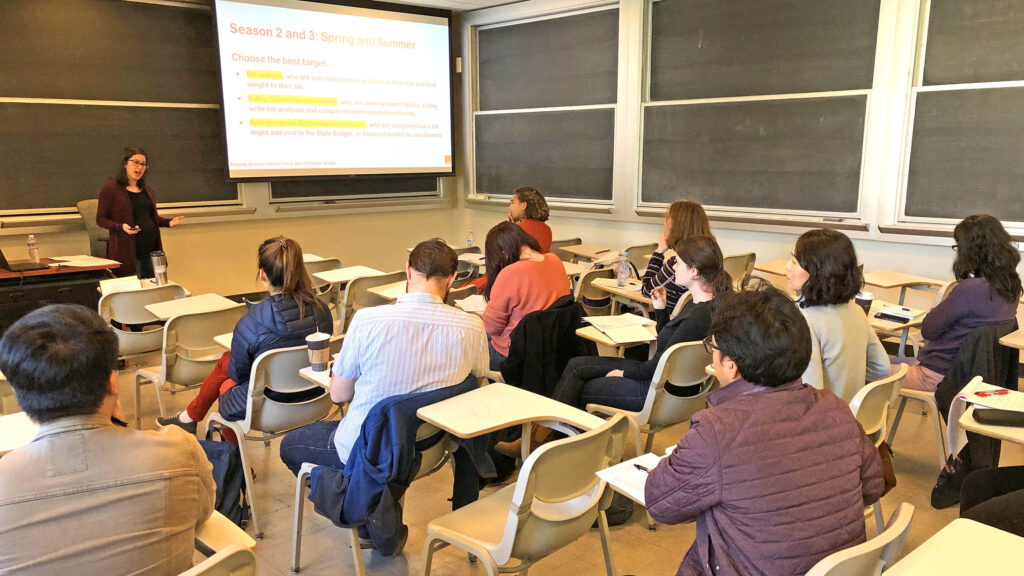
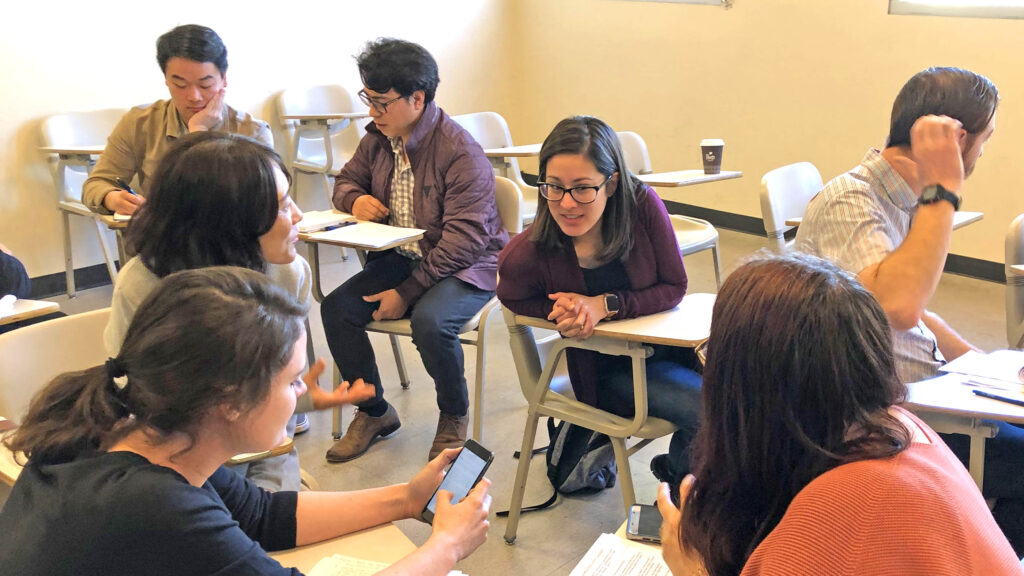
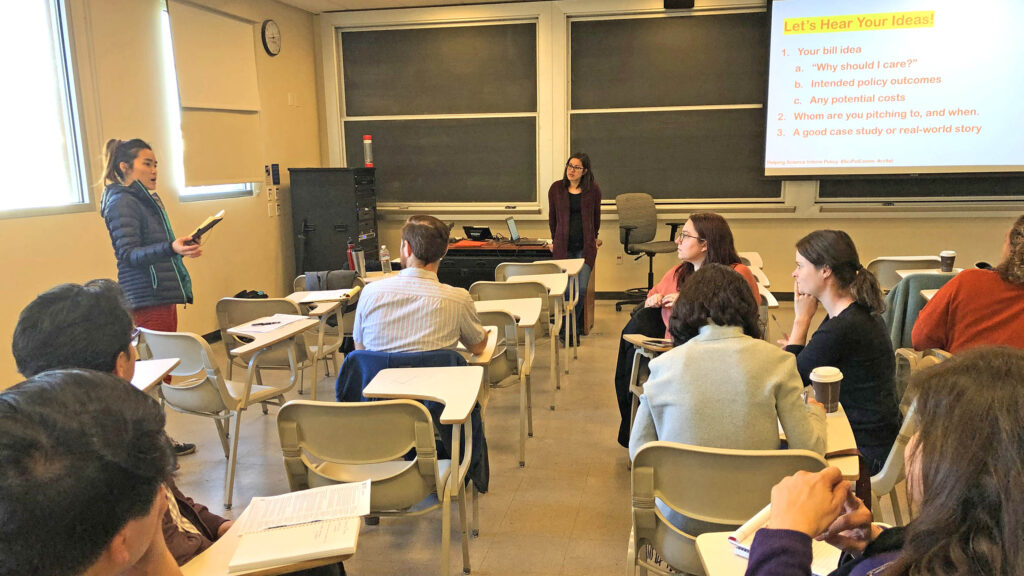
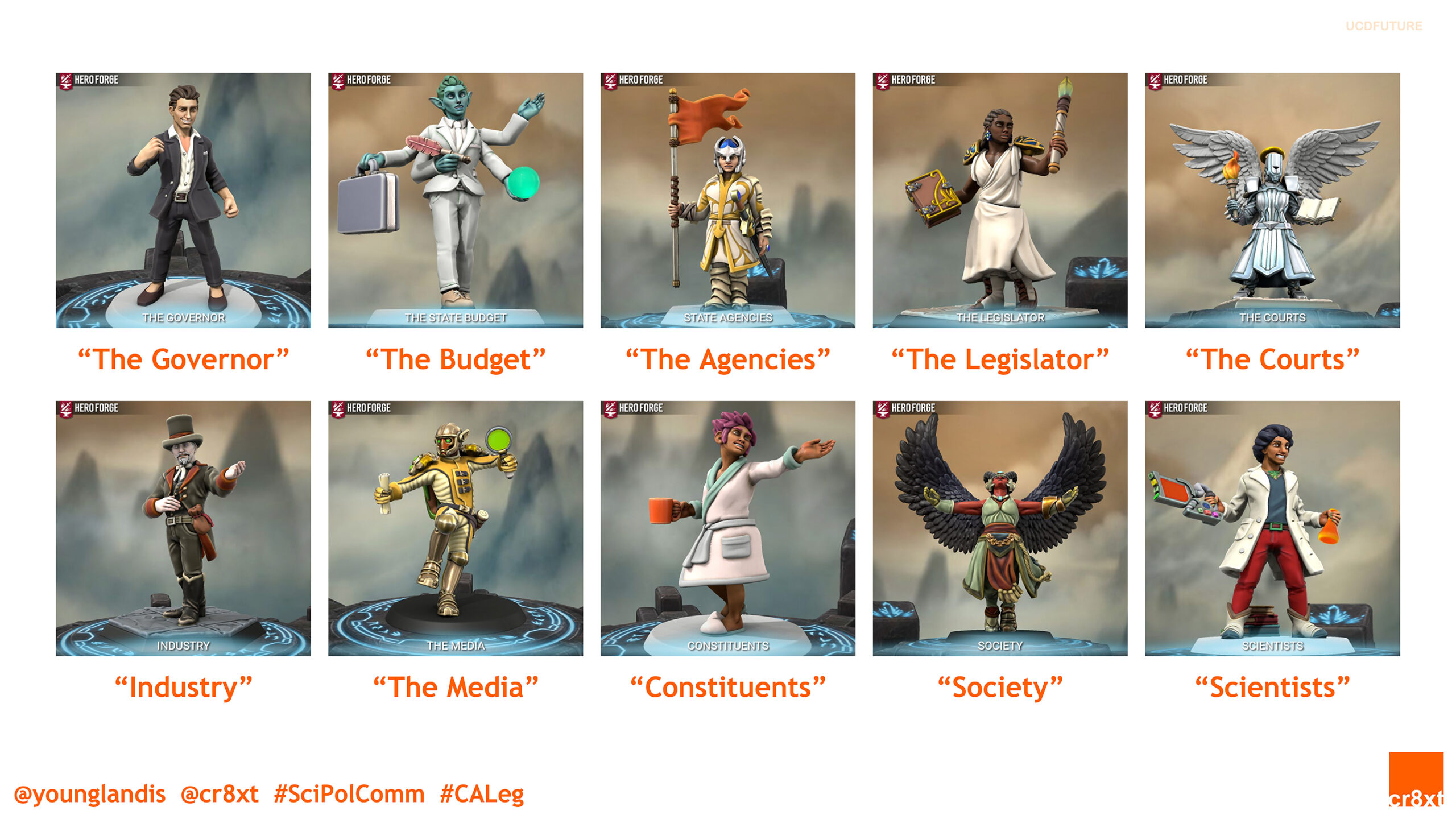
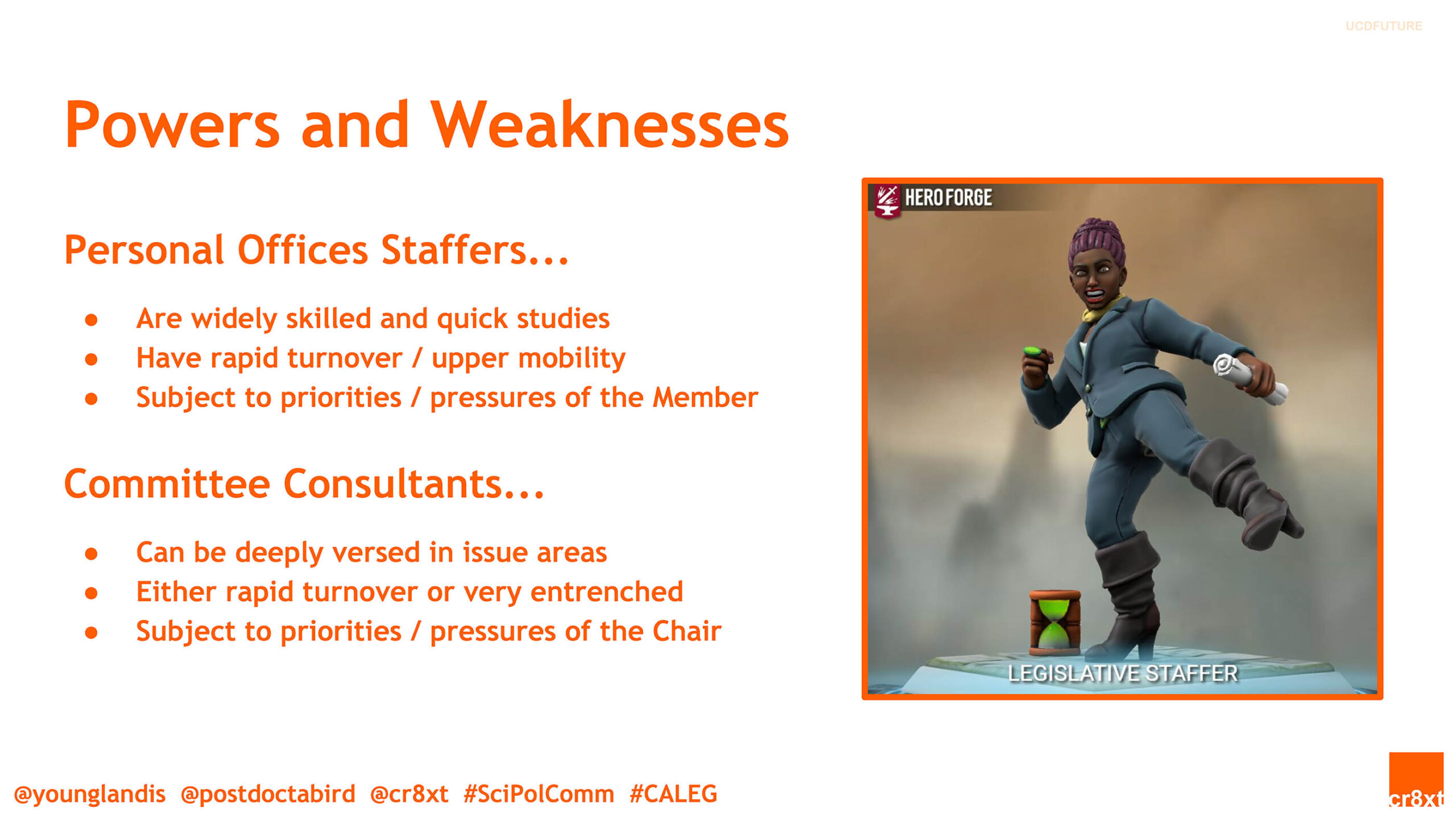
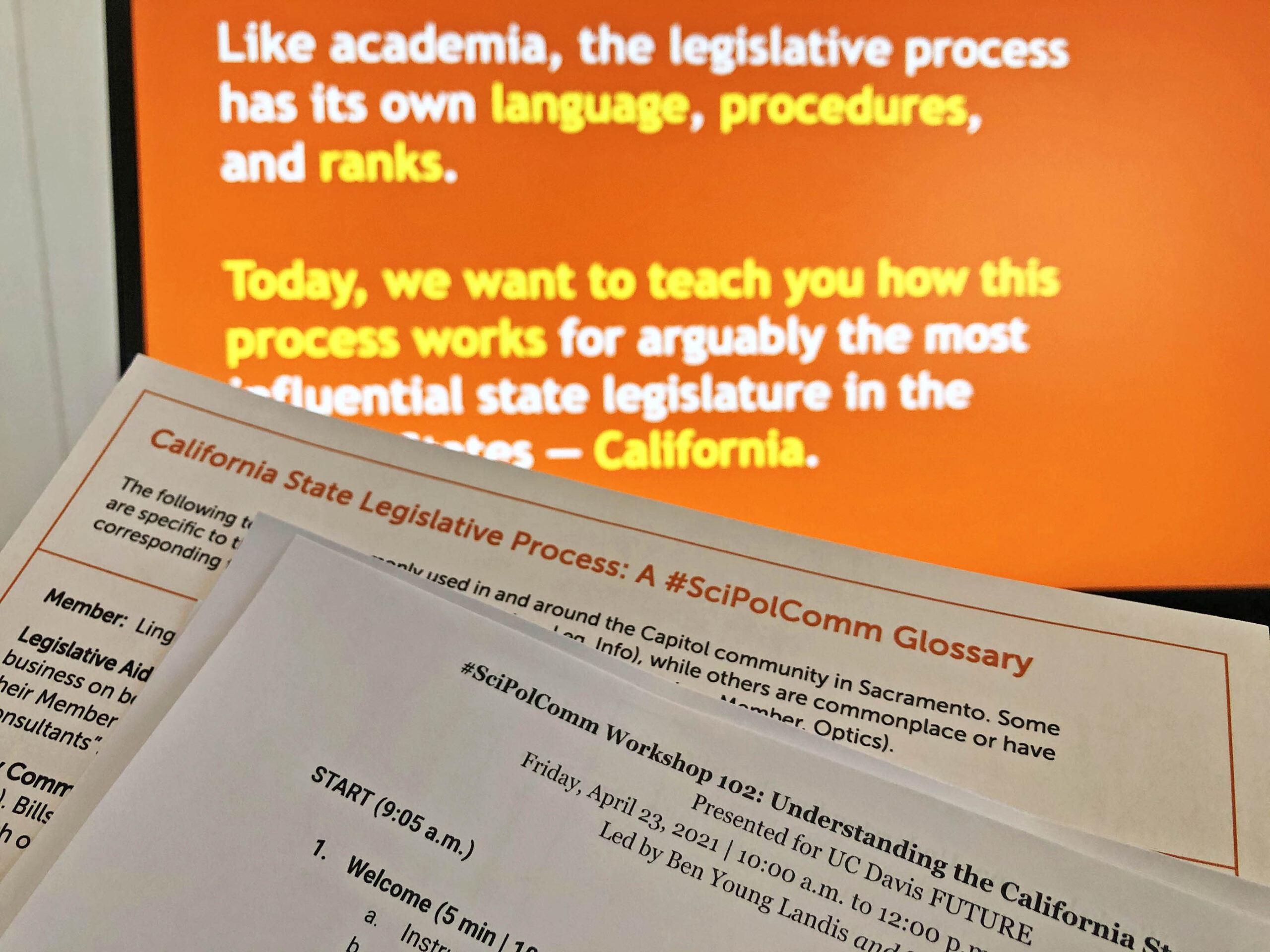
Activate
Visit our portfolio page for the Navigating Policymaking Mindsets worksheet to download it for free. We encourage students and professionals to use it and share it — widely!
2022 UPDATE: The classic Connecting with Your Audience workshop is now part of the SciPolComm series as SciPolComm 100.
Credits
Creators: Ben Young Landis, Sarah E. Brady PhD, Debra A. Cooper PhD, and Gabby Nepomuceno PhD
Completed: 2018-2021
Creative Direction: Ben Young Landis
Designers: Ben Young Landis, Sarah E. Brady PhD, Debra A. Cooper PhD, and Gabby Nepomuceno PhD
Additional Rights: HeroForge® and HeroForge design elements are courtesy of Sky Castle Studios LLC
